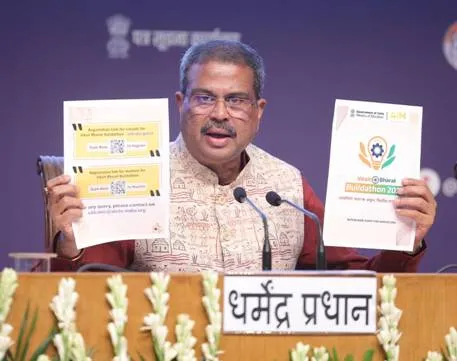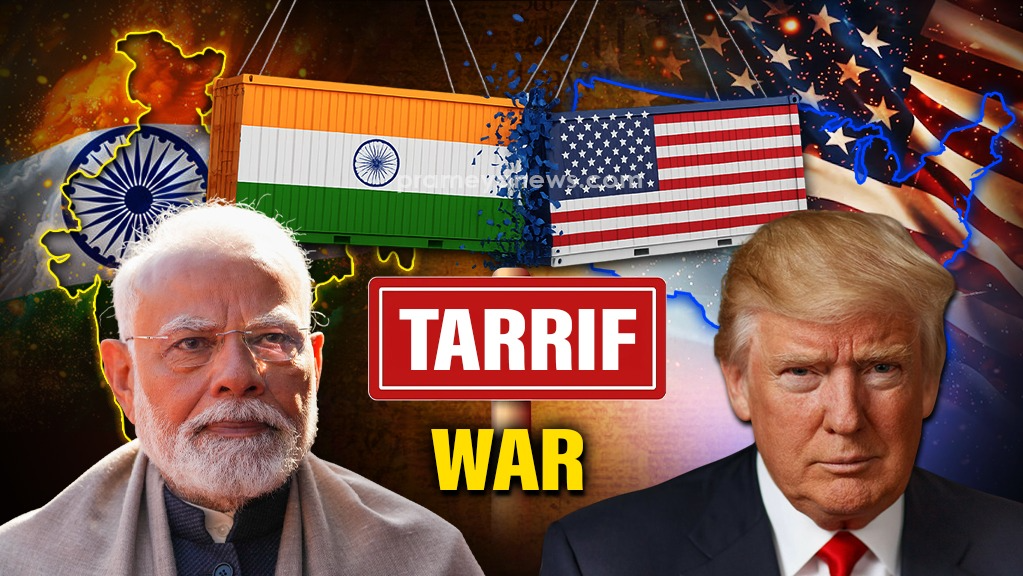

In a striking display of diplomatic displeasure, Indian Prime Minister Narendra Modi has reportedly refused to take multiple phone calls from US President Donald Trump in recent weeks. This unprecedented snub, first reported by a major German newspaper, signals a deep fracture in the relationship between the two world leaders. The move comes amid a bitter trade dispute and is being interpreted as a calculated response to what New Delhi perceives as Washington's economic pressure and diplomatic provocations.
According to the report, President Trump attempted to reach his Indian counterpart on at least four separate occasions, only to be rebuffed each time. This refusal to engage is a direct consequence of the Trump administration's decision to hit India with punitive 50 percent tariffs as a penalty for its continued purchase of Russian crude oil. The German newspaper suggests that Modi's silence demonstrates not only the "depth of his anger" but also a significant degree of "caution." The Prime Minister has publicly adopted a defiant stance, asserting that India is on a path to becoming a top-three global economy and will not buckle under external pressure.
Prime Minister Modi's reluctance to speak directly with President Trump is also rooted in a deep-seated trust deficit. The Indian side is reportedly wary of falling into a diplomatic "trap." This caution stems from a recent incident involving Vietnam, where President Trump allegedly announced a finalised trade deal on social media after a single phone call, catching the Vietnamese leadership by surprise. New Delhi is keen to avoid a similar scenario, where a complex negotiation could be prematurely and inaccurately characterised by the American president.
The current standoff is more than just a trade spat; it is symptomatic of a broader strategic realignment. The Trump administration's actions, including hosting Pakistan's army chief for a high-profile dinner and claiming to have single-handedly mediated a recent India-Pakistan conflict, have been viewed as serious provocations in New Delhi. Experts suggest that this combination of economic pressure and perceived disrespect is pushing India into a closer alignment with China and Russia. This potential shift threatens to undermine the very foundation of the US's "Indo-Pacific" strategy, which relies heavily on India as a key partner to counterbalance China's influence in the region.
Calls Refused: Prime Minister Modi has reportedly rejected at least four phone call attempts from President Trump in recent weeks, signaling a major diplomatic rift.
Trade Tensions: The snub is a direct response to the US imposing 50% tariffs on India as a penalty for purchasing Russian oil.
Trust Deficit: India is reportedly cautious of direct talks, fearing President Trump might unilaterally and inaccurately declare a resolution, as he allegedly did with Vietnam.
Strategic Realignment: The ongoing friction is seen as pushing India closer to China and Russia, potentially weakening the US's Indo-Pacific strategy.